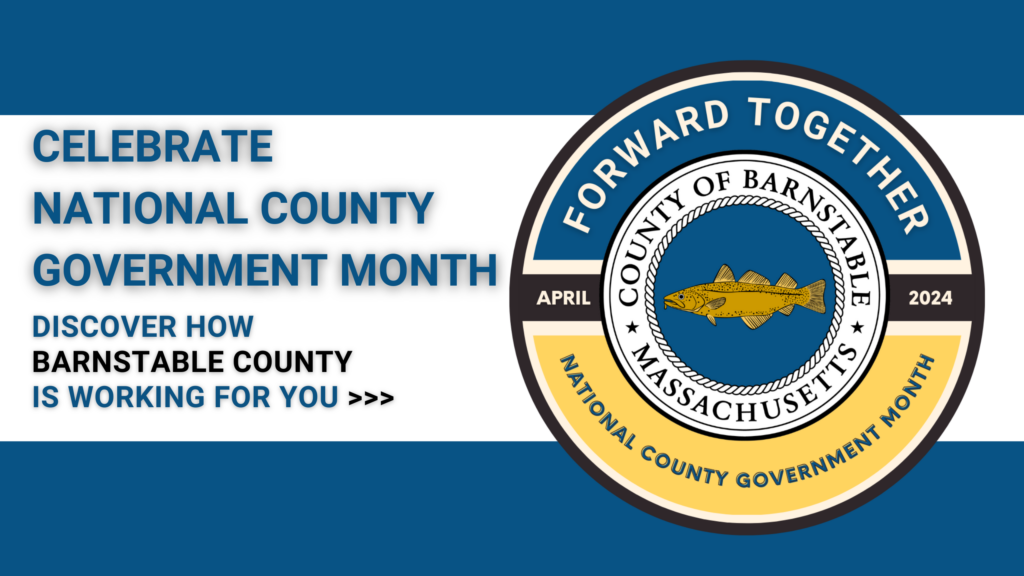
Tips for Safely Viewing the Partial Solar Eclipse on April 8th

Cape Cod will Experience a Partial Eclipse
On April 8th, we will have the rare, nation-wide opportunity to see a solar eclipse. Locals can expect to see the event between 2:15 PM and 4:40 PM in Hyannis, with a peak around 3:30 PM, according to the Cape Cod Times. You can use this tool developed by the U.S. Navy’s Astronomical Applications Department to get a more precise time frame of the event based on your location. Cape Cod is not in the path of totality, but will nevertheless experience 90% of the sun eclipsed by the moon.
As excitement builds around this awe-inspiring phenomenon, don’t be deceived by the small sliver of sun that will glow behind the moon on Cape Cod—even this small sliver can cause severe and irreversible eye damage if proper safety precautions are not taken. Because totality will not take place in our region (totality occurs during a total eclipse when the moon covers the sun completely), it is essential that appropriate eye protection be used when viewing the eclipse throughout the entire duration of the event.
Solar Retinopathy
‘Solar Retinopathy,’ the name of the condition caused by looking at the sun without eye protection, can damage the retinas, causing blurred vision and blind spots. The condition is initially painless but may take hours or days to develop. Getting safety gear can feel like a hassle, but don’t risk it!
Eye Protection
The only way to safely look at the eclipse is while using solar filters that meet the ISO 12312-2 international safety standards. Regular sunglasses ARE NOT SAFE. These filters can be glasses or a handheld solar viewer, as long as they are compliant with safety guidelines. When using your solar filters, be sure to read their directions, discard them if you notice any scratches or punctures, and only use solar filters over your regular glasses (if you wear glasses). You can browse through this NASA site to find safety compliant vendors of solar filters. Be safe, and happy viewing!
Pinhole Camera
You don’t need fancy glasses or equipment to enjoy one of the sky’s most awesome shows: a solar eclipse. With a few simple supplies, you can make a pinhole camera that lets you watch a solar eclipse safely and easily from anywhere. Visit Student Project: How to Make a Pinhole Camera | NASA/JPL Edu to learn how!
Informational Video from NASA



